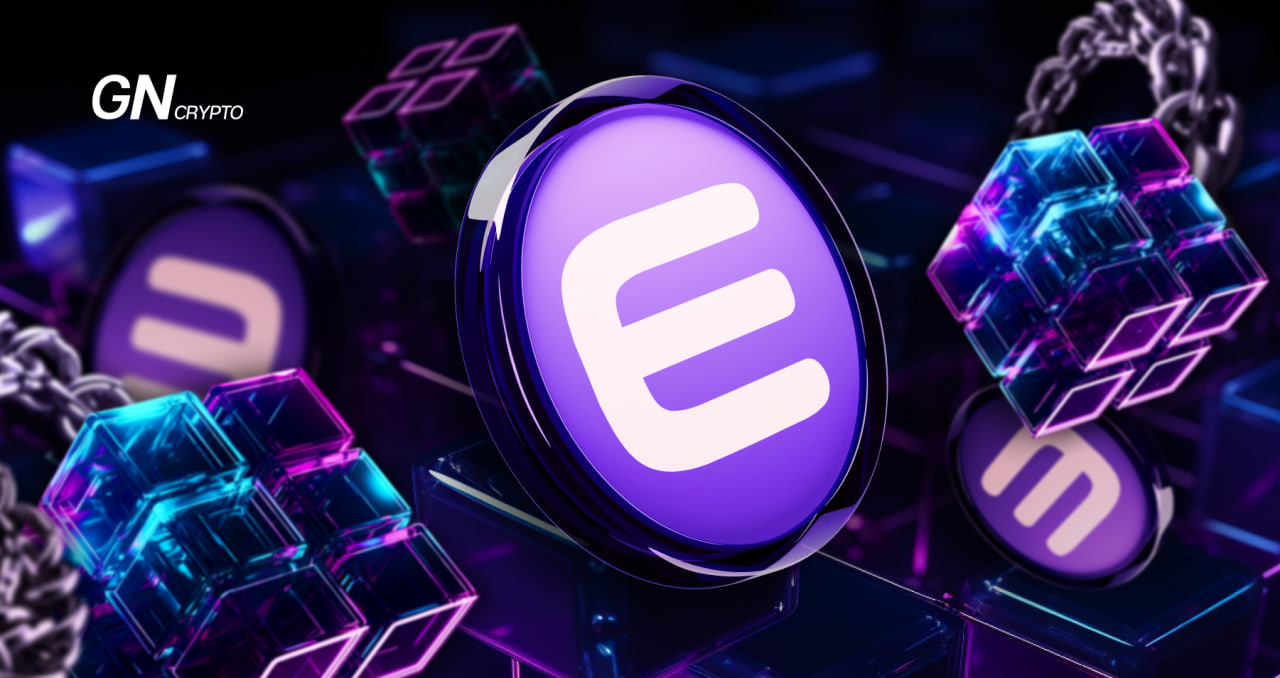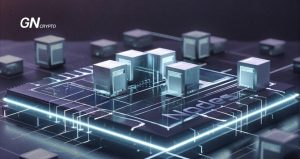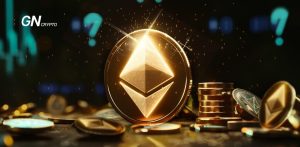Enjin (ENJ) — Project and Token Overview

Enjin is a blockchain platform that provides a comprehensive infrastructure tailored for game developers. Its aim is to simplify and facilitate the process of creating, managing, and owning virtual items.
Enjin’s ecosystem encompasses a blockchain, a mobile crypto wallet, an NFT marketplace, and tools that enable the integration of NFTs into games or decentralized applications, along with mechanisms for their distribution.
Founders and Financial Backing
Enjin was established in 2009 by Maxim Blagov and Witek Radomski. Blagov took on the CEO role, focusing on the vision, design, and marketing facets of the Enjin platform. Radomski, as the CTO, heavily contributed to the technical evolution, particularly in platform engineering and software development.
Over time, the duo shifted their focus towards embedding blockchain technology into their platform. This evolution culminated in the 2017 launch of the Enjin Network and its native token, ENJ. This move was a strategic pivot to enhance gaming experiences and add tangible value to virtual items.
Leadership of the Enjin Project Source: enjin.io
The project's initial coin offering (ICO) in 2017 raised nearly $35 million. Later, in 2021, they secured $19 million to develop Efinity, a new network built on Polkadot, and raised an additional $20 million through a public token sale (EFI) on CoinList.
Key Features of Enjin
Enjin's foundational concept is leveraging blockchain technology for the management of in-game assets. The platform enables the creation of assets under the ERC-1155 standard, supporting both fungible (like currencies) and non-fungible tokens (such as unique in-game items). Management of these assets through a unified smart contract system boosts efficiency and cuts down on transaction costs.
Enjin acts as a bridge between the complex world of blockchain and user-friendly applications, reducing the technical barriers usually associated with blockchain integration. This is achieved through a modular layer that utilizes a flexible GraphQL API.
Architecture of the Enjin Ecosystem Source: docs.enjin.io
The Enjin blockchain is divided into two segments: RelayChain and MatrixChain. RelayChain primarily coordinates and validates system transactions through validators. MatrixChain is designed for minting, transferring, and storing digital assets, as well as facilitating the necessary smart contracts for project execution.
What is Enjin Coin (ENJ)
Enjin Coin (ENJ) is the native utility token of the Enjin project, pivotal in the ecosystem’s operations. It is essential for covering transaction fees and plays a role in network governance. ENJ also serves as a medium of exchange within the ecosystem and provides incentives for active community support.
According to CoinGecko, the total supply of ENJ is limited to 1 billion tokens, all of which are currently in circulation.
ENJ is actively traded on major centralized exchanges, including WhiteBIT, Coinbase, Binance, Kraken, HTX, Bybit, Kucoin, among others.
The content on The Coinomist is for informational purposes only and should not be interpreted as financial advice. While we strive to provide accurate and up-to-date information, we do not guarantee the accuracy, completeness, or reliability of any content. Neither we accept liability for any errors or omissions in the information provided or for any financial losses incurred as a result of relying on this information. Actions based on this content are at your own risk. Always do your own research and consult a professional. See our Terms, Privacy Policy, and Disclaimers for more details.




























